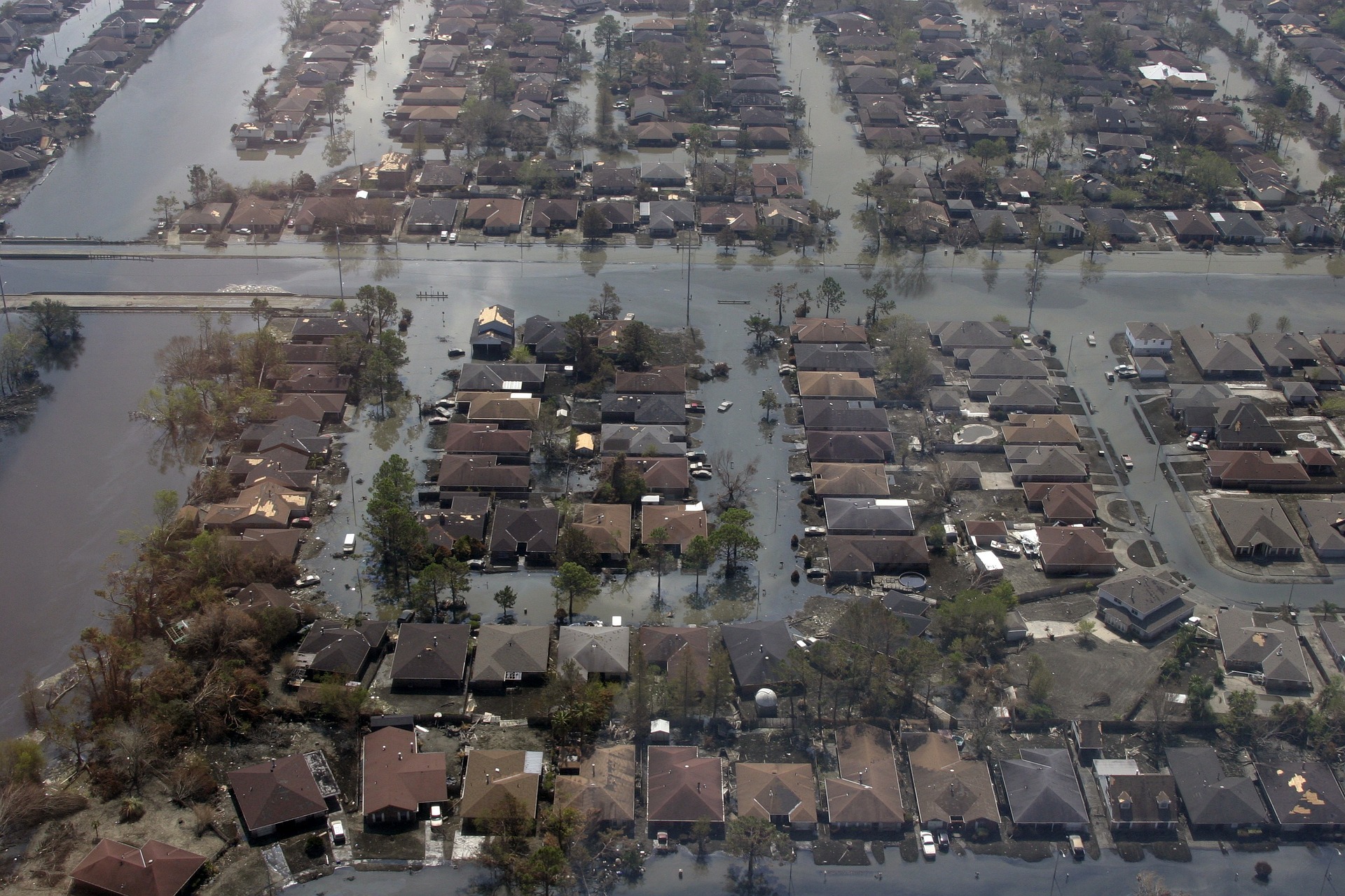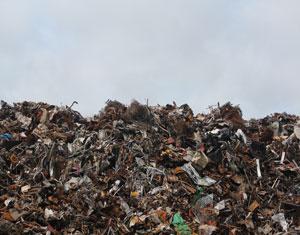
The world is rapidly filling up with solid and toxic waste, while the air, soil, water and our bodies are daily contaminated by an array of chemicals and pollutants. Instead of linear paths to the wrong places, we need our production/consumption systems to become circular, through renewable energy and materials, better product design and materials, substitution, recycling, reuse and other methods to achieve zero waste.
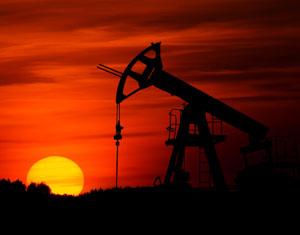
With global population reaching seven billion, demand and stress on natural resources increases along with the impacts on human and ecological communities and conflicts over resource scarcity. Reserves of fresh water, fossil fuels, phosphorus and rare earth elements are all diminishing in contrast to growing demand and consumption. When short-term economic priorities rule over longer-term human well-being, sustainability recedes as conflicts rise.
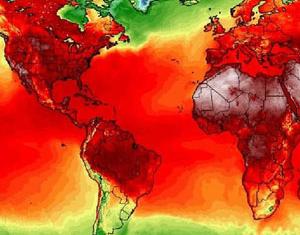
As each year competes for the highest global temperatures on record, the impacts of climate change -- one of the severe results of unsustainable production and consumption practices -- are increasingly seen and felt, especially in vulnerable countries and communities. Reports with data trends and measures are readily available from the scientific community, yet political ideologues and sectors of the oil and automotive industries continue to pour funds into climate denial groups and disinformation campaigns. While mitigation and adaptation strategies and initiatives are being developed, the most important need is transformation of our economies to low- or zero-carbon systems and policies.
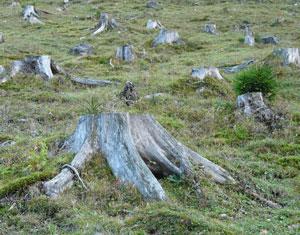
Another serious impact of unsustainable production/consumption practices is the loss of biodiversity -- the decline of ecosystems and species extinctions. As Elizabeth Kolbert points out in her Pulitzer prize winning book The Sixth Extinction, we are currently in a phase of mass extinctions, which could be " the most devastating extinction event since the asteroid impact that wiped out the dinosaurs". This issue is monitored by the Convention on Biological Diversity (CBD), a multilateral treaty initiated in 1992, which continues to be the global focal point of negotiations among policymakers and civil society.

According to the UN Food and Agriculture Organization (FAO), over 815 million people suffer from hunger -- although the world produces enough food to feed everyone. Furthermore, 45 percent of infant deaths are due to malnutrition. In turn, one-third of all food produced is lost or wasted. Is it possible to achieve zero hunger by 2030, as proposed in Sustainable Development Goal (SDG) 6?

Poverty and economic insecurity represent one of the major challenges to sustainability. While the wealthy can afford to take refuge in what may be perceived as ecological sanctuaries, possessing many of the characteristics and amenities of what we may think of as eco-friendly communities, the poor and vulnerable are at risk to exploitation, disease and starvation. Such inequalities undermine the foundations of a sustainable world. Yet investments in the eradication of poverty remains a source of ideological and political contention. Strategies and initiatives to address this issue have been inadequate to-date, requiring deeper insight into the roots of the problem as well as the seeds of change.

